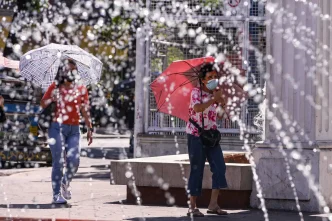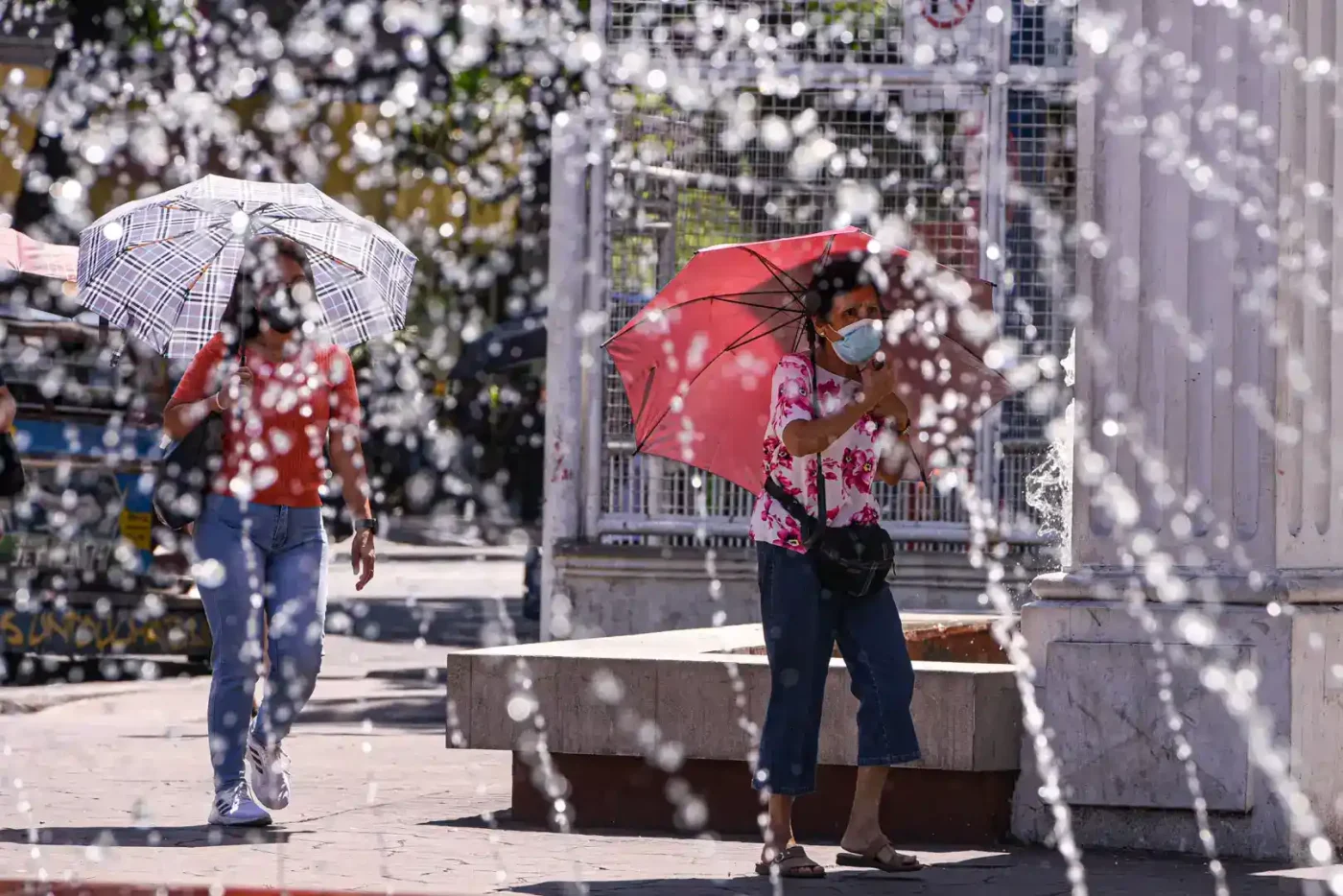In Iloilo City, a tragic consequence of rising temperatures has struck the local community, as two traffic enforcers lost their lives this year due to health complications exacerbated by extreme heat. The deaths of Lester Paul Duran on February 23 and John Tulio Jr. on April 7 have brought into sharp focus the dangerous working conditions faced by public servants amid worsening climate conditions in the Philippines.
Rising Temperatures, Rising Risks
The Philippines, like much of Southeast Asia, has been grappling with soaring heat indices in recent months. In Iloilo City, located in the Western Visayas region, temperatures have frequently exceeded safe levels for outdoor work, particularly during the peak hours of the day. Traffic enforcers, who spend long hours under the sun managing the city’s bustling streets, are among the most vulnerable to these conditions.
Lester Paul Duran, a six-year veteran of the Iloilo City Traffic and Transportation Management Office (TTMO), suffered a stroke linked to high blood pressure, a condition likely worsened by prolonged exposure to extreme heat. Similarly, John Tulio Jr., who served for 37 years, passed away due to a fatal stroke at his residence after feeling unwell at work. Tulio had been assigned to the La Paz district, where he endured the harsh midday sun before being sent home. Uldarico Garbanzos, head of the TTMO, noted that the extreme weather likely aggravated their underlying medical conditions, contributing to these tragic outcomes.
“Based on our checking, [Tulio] already had maintenance [medication], and we don’t know if he had eaten anything [different] or he may have been stressed at work and without rest. We think these may have triggered his illness” said Garbanzos, speaking to reporters. While the exact circumstances remain unclear, the correlation between the heat and their health crises is a stark reminder of the physical toll such conditions can take.
Community and Official Response
In recognition of their service and sacrifice, Iloilo City Mayor Jerry Treñas posthumously honored Duran and Tulio during a flag-raising ceremony on April 28. The gesture, while symbolic, underscored the city’s acknowledgment of the risks faced by its frontline workers. Beyond official tributes, the TTMO and the Public Order and Safety Management Office have rallied to support the affected families, pooling personal contributions and seeking additional assistance from the City Mayor’s Office.
Garbanzos emphasized that his office is taking steps to mitigate the risks for other enforcers. Heat index updates are now part of pre-deployment briefings, and personnel are regularly reminded to stay hydrated. A “heat stroke break” policy has been implemented, allowing enforcers to retreat to shaded areas during the hottest hours, typically from 9 a.m. onward, while still monitoring their assigned zones.
“[Enforcers] stay at the side but they are still visible in their traffic beat areas. They will only come in between when there are accidents or traffic situations that need to be managed” said Garbanzos. He also appealed to the public for understanding, noting that enforcers might not always be visible at their posts between 9 a.m. and 3 p.m., though they remain on duty nearby and under inspection.
Adapting to a Warmer Reality
The TTMO has also begun adjusting work schedules to protect vulnerable staff. Personnel with known comorbidities or those on maintenance medication are being reassigned to afternoon shifts to avoid peak heat exposure. “We have started to realign [their schedules since] last week. There are already those asking, ‘Sir, we couldn’t stand [the heat] anymore,’ so we transfer them to the afternoon [schedule]” said Garbanzos. This proactive approach, while a step in the right direction, highlights the urgent need for broader systemic changes to address the challenges posed by climate change.
The deaths of Duran and Tulio are not isolated incidents. Across the Philippines, reports of heat-related illnesses have surged, with outdoor workers bearing the brunt of the crisis. The Metropolitan Manila Development Authority (MMDA) recently introduced a mandatory 30-minute break for its personnel amid high heat indices, a policy that other cities may soon emulate. Yet, for many traffic enforcers and laborers, such measures offer only temporary relief in the face of relentless environmental challenges.
A Call for Greater Protection
The loss of two dedicated public servants in Iloilo City raises critical questions about the safety of outdoor workers in an era of escalating temperatures. While local initiatives like heat stroke breaks and schedule adjustments are commendable, they address only the symptoms of a larger problem. Experts argue that comprehensive policies—ranging from better access to protective gear and medical screenings to urban planning that prioritizes shade and cooling zones—are essential to safeguarding vulnerable workers.
As the Philippines and the wider region confront the realities of climate change, the human cost of inaction becomes increasingly evident. For the families of Lester Paul Duran and John Tulio Jr., the grief is personal, but their story resonates as a poignant call to action. As temperatures continue to rise, the question remains: how will communities adapt to protect those who keep their cities moving?
















